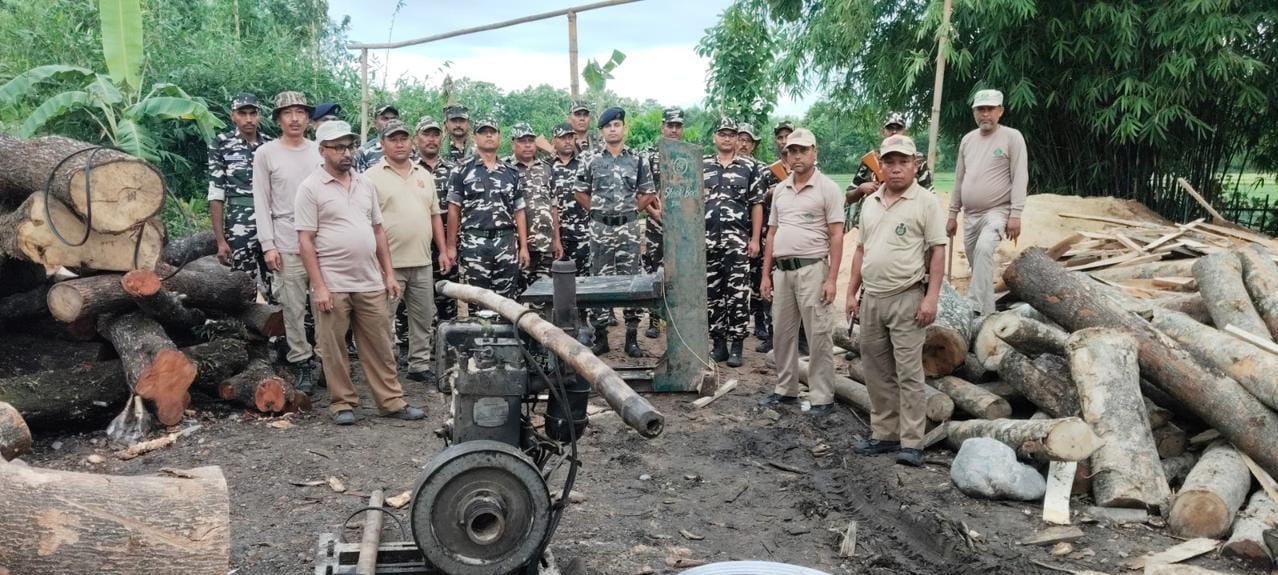
ISI Activated Sleeper Cells After Pahalgam Attack, Say Police After Arrest of Alleged Pakistani Spies
In a significant development pointing to cross-border espionage activities, Indian security agencies have arrested a group of individuals suspected to be working as spies for Pakistan’s Inter-Services Intelligence (ISI). According to senior police officials, these suspects were activated shortly after the recent terrorist attack in Pahalgam, Jammu and Kashmir.
The Pahalgam Attack: A Trigger Point
The Pahalgam attack, which occurred last month, resulted in the deaths of several security personnel and left many injured. While investigations into the attack were ongoing, intelligence agencies began picking up unusual communication patterns in border areas and urban centers, leading to the arrests.
Police now claim that the ISI used the chaos following the Pahalgam attack to reactivate dormant sleeper cells within India. “They had been lying low for months, even years. But the Pahalgam incident served as a signal to get back into action,” said a top intelligence official who requested anonymity.
Arrests and Seized Material
Authorities have so far detained at least four individuals, believed to be part of a larger espionage ring. The arrests took place in different regions, including Jammu, Punjab, and Delhi. During the raids, officials reportedly recovered sensitive documents, encrypted communication devices, and digital evidence pointing to coordination with handlers across the border.
One of the arrested men, reportedly a former technician, was allegedly gathering information on Indian military movements and sharing it through coded messages. Another suspect was posing as a student in a reputed institution while gathering intelligence on defense installations.
A Wider Network?
The police suspect that these individuals are part of a much broader network designed to feed intelligence to Pakistan’s ISI in the event of conflict escalation. “We believe these arrests are just the tip of the iceberg,” said a senior Jammu and Kashmir Police officer. “More arrests are likely as we dig deeper into the communication logs and financial trails.”
According to reports, the handlers operating from Pakistan had been using sophisticated means to remain undetected, including the use of messaging apps with end-to-end encryption and cryptocurrency for payments.
Political and Strategic Fallout
The incident has sparked concerns at the national level, with security agencies being put on high alert. Politicians across party lines have condemned Pakistan’s alleged role in fueling unrest in Kashmir and attempting to destabilize peace through covert operations.
National Security Advisor Ajit Doval has reportedly held high-level meetings with intelligence chiefs, reviewing internal security and discussing strategies to dismantle such sleeper cells comprehensively.
What Happens Next?
As the investigation unfolds, authorities are expected to make more disclosures about the nature of espionage, the targets identified by the ISI, and how the arrested individuals were recruited and trained. The case is also expected to be taken up at diplomatic forums, as India pushes to expose what it calls “Pakistan’s continuous meddling in internal affairs.”
The arrests following the Pahalgam attack underline the volatile security environment in Jammu and Kashmir and the persistent threat posed by foreign intelligence agencies operating through proxies.
Stay tuned for further updates on this developing story.
Have insights to share or local information about the arrests? Let us know in the comments below.







